Year 7
Do Christian beliefs impact how a Christian lives their life? (Christianity)

Theology/ Believing: A study of key theological concepts in Christianity. Students learn the main beliefs of Christianity through analysis of the Nicene Creed.
- The Nicene Creed (Monotheism and Trinity)
- Creation
- The Fall
Students will learn the core theological concepts that underpin Christianity, as found in the Nicene Creed. Through learning these concepts, students can critically assess how our beliefs may shape how we live and behave.
What does it mean to be ‘chosen’ by God? (Judaism)

This unit will give students a wider understanding of the Jewish faith; it’s basic beliefs, practices, and the impact that they have on a believer's life.
Theology/ Believing: A study of key beliefs in Judaism with a particular focus on Jewish understanding of what it means to be ‘the chosen people of God.’
What was so radical about Jesus? (Christianity)

Theology/ Believing: Students will look at the life of Jesus, exploring key Christian beliefs around ‘who Jesus is’ and ‘how this should impact the life of a Christian’. In particular, students focus on Jesus’ clashes with the Jewish authorities of his time. Now students have an understanding of Judaism, they can further explore how Jesus responded to Jewish practices/ traditions in the first century, ultimately questioning Jesus’ radical ideas.
Read MoreIs it possible to follow Prophet Muhammad’s teachings in 21st century Britain? (Islam)

Students will consider the life of Prophet Muhammad, looking at how Muhammad’s teachings, expressed through the revelation of the Quran and the Hadith, have an impact on how faith is expressed by Muslims in Britain today. This unit enables to learn in depth from different religious and spiritual ways of life about being a follower of the Muslim religion. Pupils explore The key teachings of the Prophet Muhammed P.B.U.H and the five pillars of Islam and the importance of these to Muslim believers. Pupils will gain a greater understanding of Islam and what we can learn from its beliefs, values and ideas. This investigation provides an opportunity to learn about the Qur’an and other forms of guidance.
Read MoreHow have religious beliefs influenced the lives of people of faith?
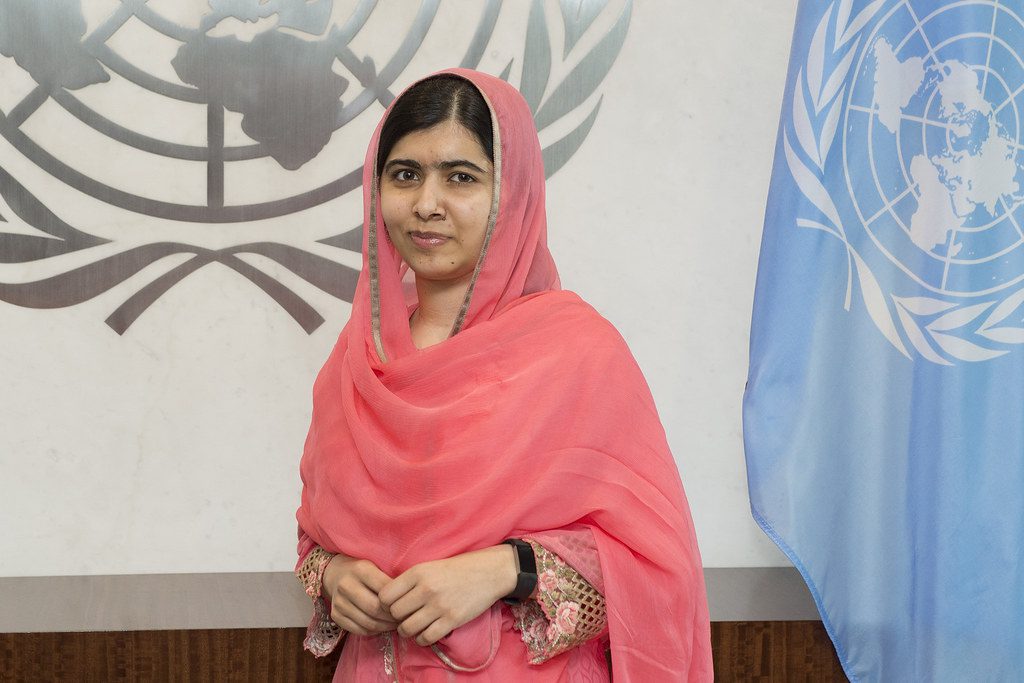
Pupils will explore how faith inspires action. They will look at a diverse range of figures who have unique backgrounds and study to what degree their lives are relevant in the year 2024 and beyond.
Pupils will learn about the importance of action, what it means to be a true disciple and standing up to evil through Bonhoeffer. Pupils will explore the purpose and theology behind radical Christian forgives and appraise it’s effectiveness through Tutu. Pupils will learn about equality and the fight against oppression through Malala. Pupils will look at personal liberation and sacrifice for others through Tubman. Pupils will learn about the nature of charity and standing up for the voiceless through the martyrdom of Romero.
Are the Four Noble Truths Successful in diagnosing and solving the Problem of Evil and Suffering? (Buddhism)

Students will explore ‘The Four Noble Truths’ of Buddhism, assessing whether this is a good way to view the world and comparing this to Christian understandings of suffering and solutions to the Problem of Evil and Suffering.
Read MoreYear 8
What is good and what is challenging about being a teenage Sikh in Britain today? (Sikhism)
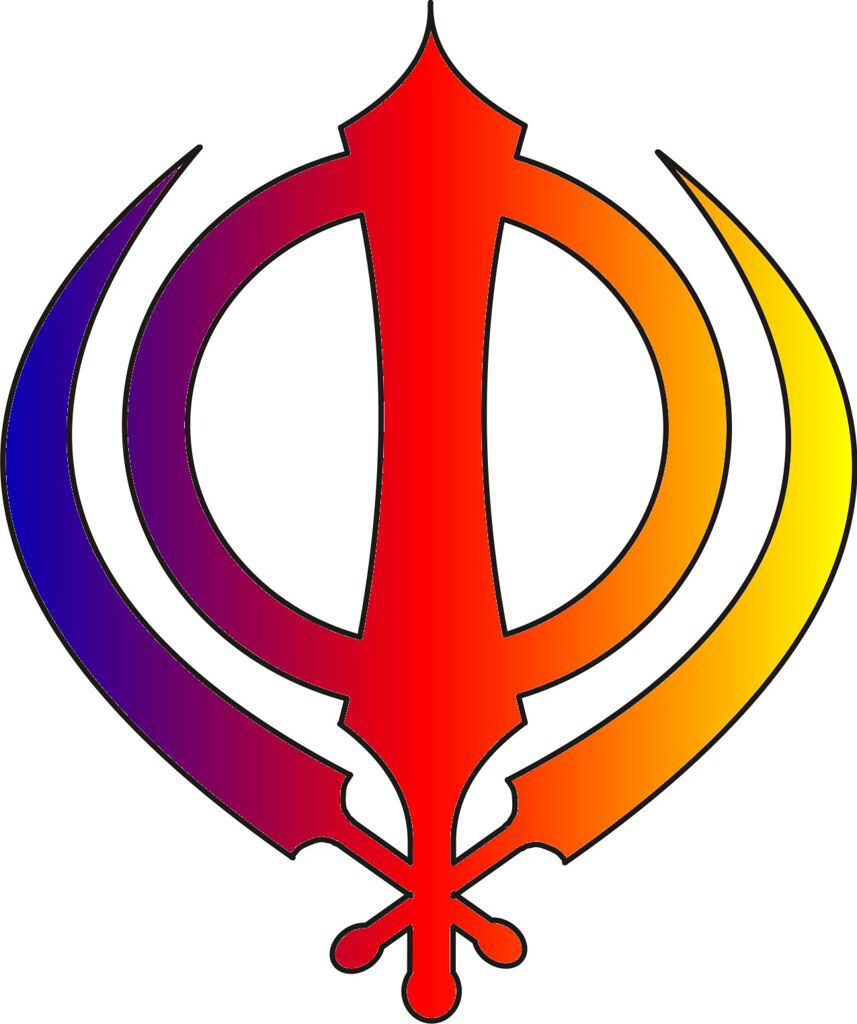
A study of the key beliefs in Sikhi, recognising Sikhi contributions to British society as explored in the ‘British Sikh Report 2015’.
Read MoreWhat does justice mean to Christians? (Christianity)
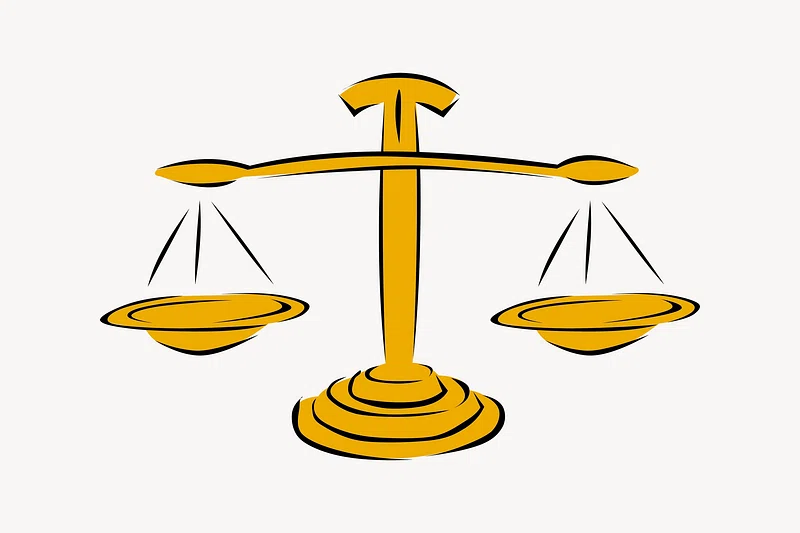
Students will consider what justice means to a Christian. They will explore different injustices in the world and consider how a Christian would express their beliefs when tackling these injustices.
Read MoreDo the 10 Commandments transcend time? (Judaism and Christianity)
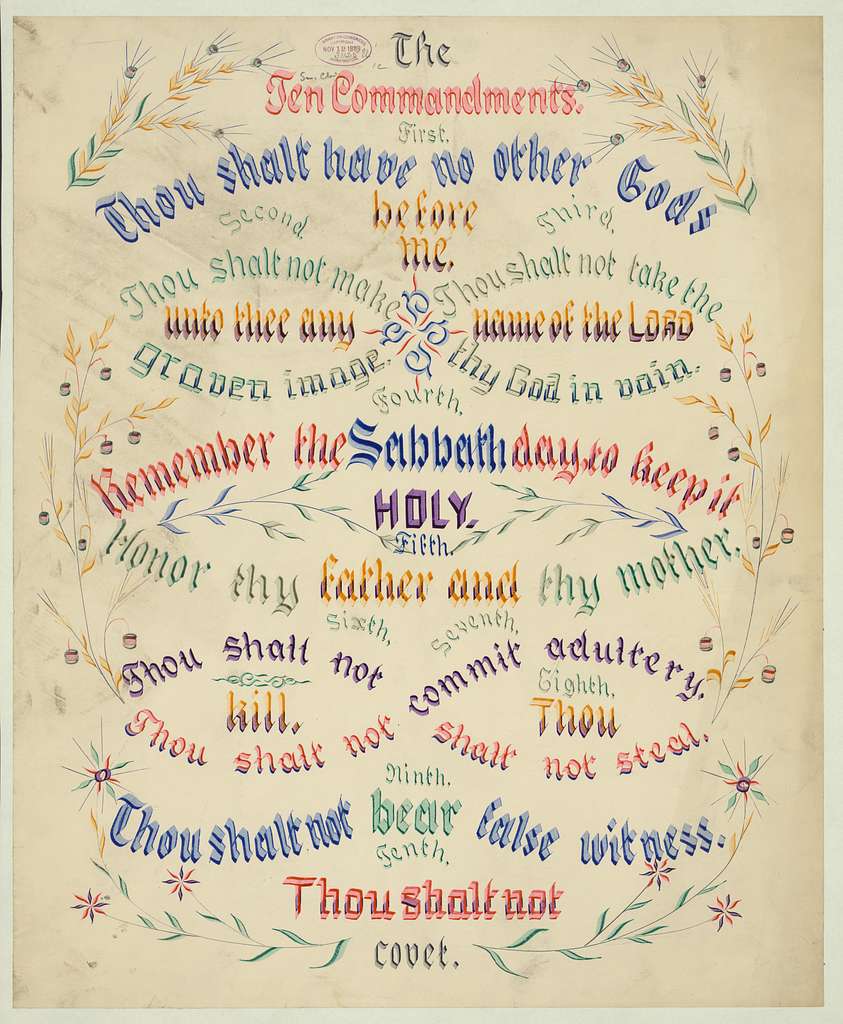
Students will revisit the 10 Commandments, but this time, explore how reasonable these are as ‘rules’ to follow in the 21st century.
Read MoreCan art make a person more spiritual? (Spirited Arts)

Students will come to understand the term, ‘spirituality’, in its broadest sense. They will consider how spirituality is expressed in different religious traditions and as an embodiment of particular worldviews. After considering expressions of spirituality, students will create their own piece of artwork and some will be selected for NATRE’s Spirited Arts competition.
Read MoreHow can you be faithful to God even when it is unpopular? (Christianity and Islam)

This topic considers how teenagers may express their faith in a pluralist Britain with rising numbers of atheists. Exploring how peer pressure impacts how we think and behave, students will consider scenarios where their faith may be an opinion which sails against the tides of modern society.
Read MoreIs religion a power for peace or a cause of conflict in the world today? (Pluralism and Humanism)

This topic explores how religious people work for peace and cope with conflicts. It engages with differing religious traditions and worldviews, looking at how religious communities in Britain work together to create a peaceful society.
Read MoreYear 9
Do Christian beliefs impact how a Christian lives their life?

"Students will study key Christian beliefs that aim to debunk ‘The Problem of Evil and Suffering’ understood by Mackie’s, ‘Inconsistent Triad.’
Students consider to what extent the above theodicies are successful in solving the Problem of Evil and Suffering.
Should happiness in this life be the ultimate goal? (Humanism)
Students will consider a world without a deity or religious text, considering a Humanist approach to life. Students will think about Humanist views, and ask how these can positively influence society. Students may also consider how Humanism may present challenges to those with a faith and ask if this is positive or negative for the individual and for religious communities.
Read MoreHow do you know if something is right or wrong? (Ethical Theories)

Students will explore three ethical theories; Natural Law, Situation Ethics and Utilitarianism and decide whether these are good ways to make moral decisions.
Read MoreChristian Beliefs (Christianity)

You will study:
* The nature of God within Christianity;
* The Trinity;
* Creation and different Christian views on how the world was created;
* The incarnation;
* The last days of Jesus’ life;
* Salvation;
* Christian eschatology;
* The problem of evil;
* Divergent solutions to the problem of evil.
Muslim Beliefs (Islam)
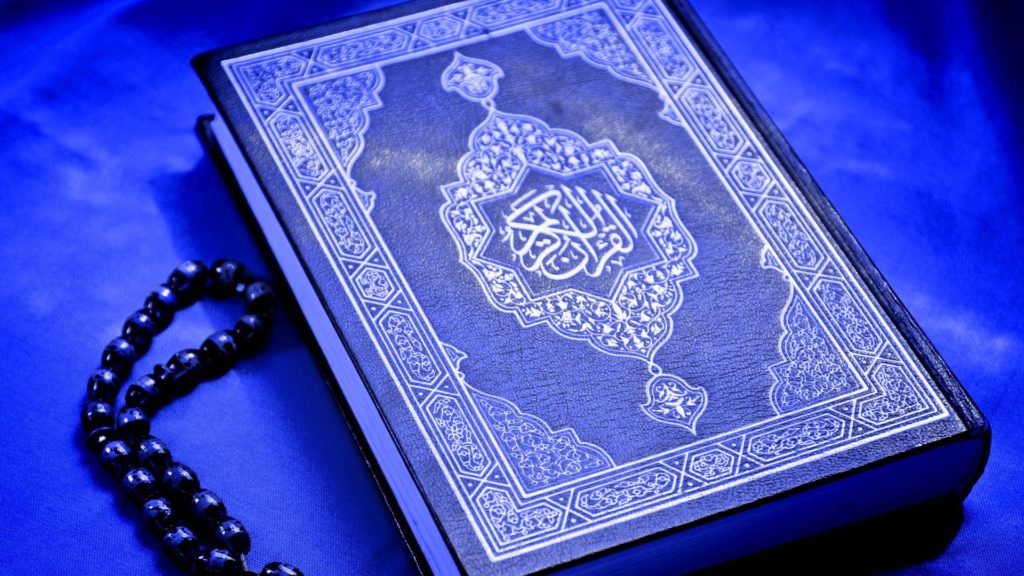
You will study:
- The six Beliefs of Sunni Islam;
- The five Roots of ‘Usul ad-Din in Shia’ Islam;
- The nature of Allah;
- Risalah (Prophethood);
- Muslim holy books;
- Malaikah (angels);
- Al-Qadr (predestination);
- Akhirah (life after death).
Year 10
Marriage and the Family (Christianity)

You will study:
- Marriage
- Divorce
- Sexual relationships
- Contraception
- Families
- Support for the family in the local parish
- Equality of men and women in the family
- Gender prejudice and discrimination
Crime and Punishment (Islam)

You will study Muslim, humanist and atheists views on:
- Attitudes towards crime and justice;
- Actions to end the causes of crime;
- Teachings about good, evil and suffering;
- Attitudes towards punishment;
- Attitudes towards the aims of punishments;
- Teachings about forgiveness;
- Teachings about the treatment of criminals;
- Attitudes towards the death penalty.
Living the Christian Life (Christianity)

You will study:
- Christian worship: liturgical and non-liturgical forms of worship;
- The role of the sacraments in Christian life;
- The nature and purpose of prayer;
- Pilgrimage: the nature, history and purpose of pilgrimage;
- Christian religious celebrations;
- The future of the Christian Church;
- The role and importance of the local church in the local community;
- The role and importance of the Church in the worldwide community.
Living the Muslim Life (Islam)

You will be studying: - The Ten Obligatory Acts of Shi’a Islam.
- Shahadah as one of the Five Pillars.
- Salah as one of the Five Pillars - Sawm as one of the Five Pillars
- Zakah as one of the Five Pillars and Khums. - Hajj as one of the Five Pillars. - Jihad: the origins, meaning and significance of jihad in Islam. - Religious celebrations (Eid-ul-Adha and Eid-ul-Fitr in Sunni Islam and Eid-al-Ghadir and Ashura in Shi'a Islam).
Year 11
Matters of Life and Death (Christianity)

You will study: - Sanctity of life
- Abortion
- Euthanasia - Life after Death (Christian views) - Life after Death (atheist and Humanist views) - Christian responses on life after death to atheist and Humanist views.
- Scientific Origins of the Universe - the Big Bang Theory. - Scientific Origins of the Universe - Theory of Evolution. - Christian responses to Scientific Theories (Genesis 1) - The Natural World - Climate change and animal rights
Peace and Conflict (Islam)
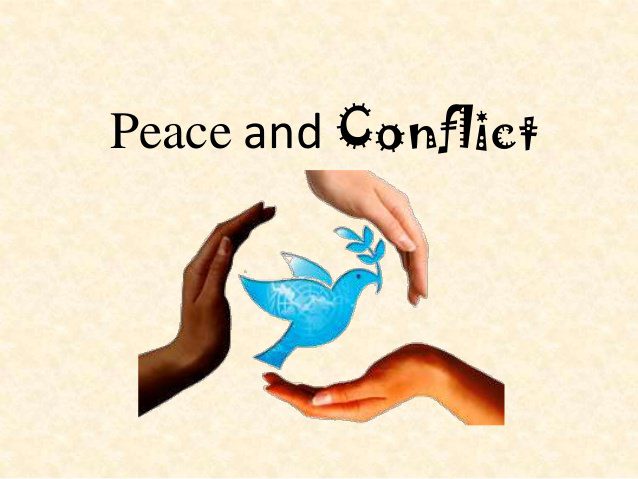
You will study: - Muslim attitudes towards peace - The role of Muslims in peace-making, forgiveness and reconciliation. - Muslim attitudes to conflict - Pacifism - Just War theory in Sunni and Shi’a Islam. - Just War – Situation Ethics - Holy War: the nature of a holy war (Harb al-Maqadis) within Islam. - Weapons of mass destruction (WMD). - Muslim views on Terrorism. - Non-religious views on Terrorism.
Read More